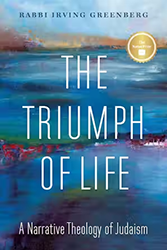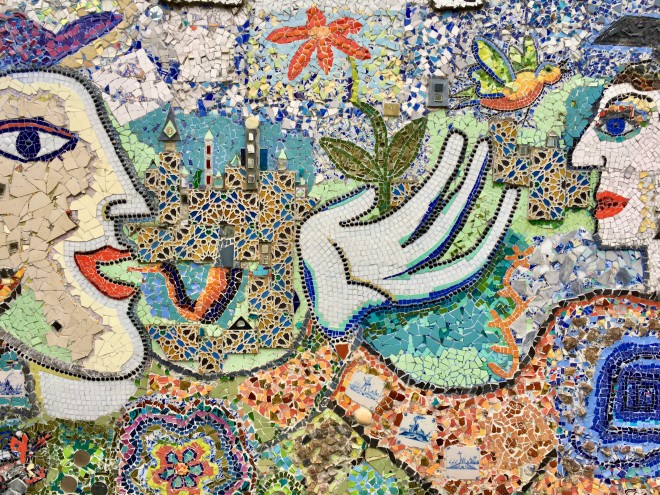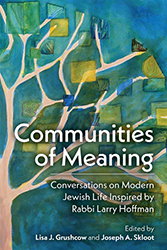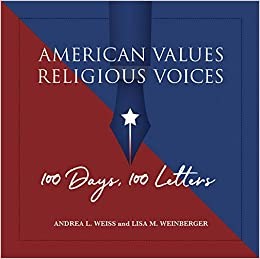Antisemitism is so difficult to combat, in part, because it manifests in such different ways. In his latest book, renowned French historian Pierre Birnbaum explores a modern form of Jew-hatred, one that he calls “political antisemitism.”
Birnbaum defines political antisemitism as antisemitism directed against “a universal and meritocratic strong state” with centralized, effective political control. It emerged alongside the newly formed French republic in the eighteenth century.
Although social antisemitism certainly existed in America before the turn of the twentieth century, Birnbaum argues that political antisemitism took hold in America in the middle of the twentieth century. While Jews were functionally barred from holding political office, attending elite private clubs, and studying at prominent universities, Birnbaum provocatively claims that antisemitic violence didn’t erupt in America until the twentieth century due to the lack of an organized antisemitic movement. In stark contrast, political antisemitism sprang up when positions of political influence — so long the provenance of white, Anglo-Saxon Protestants — began to be held by Jewish people.
Tears of History begins by analyzing the central ideas of the first prominent Jewish historian in America, Salo Baron (1895−1989). As the first chapter explores, Baron famously critiqued the “lachrymose” conception of Jewish history developed by nineteenth-century Jewish historians. Under this lens, Jewish history is a series of violent persecutions, deportations, and hardships. Baron, on the other hand, argues that there were significant times of Jewish economic prosperity, including in the medieval European ghetto, where Jews were (protected) servants of the state. Additionally, Baron claims that America, with its granting of rights to minorities, lacked the antisemitic violence that plagued Europe.
The second chapter examines the tragic events surrounding Atlantan factory superintendent Leo Frank. In 1913, Frank was accused of the sexual assault and murder of his fourteen-year-old employee, Mary Phagan. The factory’s Black janitor, Jim Conley, was also suspected, but Frank was arrested and convicted of Mary’s murder. Frank’s conviction made national headlines, with some likening it to the “Dreyfus Affair.” He escaped execution by political pardon but was then taken from prison and lynched in 1915. Frank’s extrajudicial murder called to mind the destructive Kishinev pogrom of 1903, during which Russian soldiers stood by as Jews were murdered. Although the “Frank Affair” drew comparisons to European antisemitism, it did not stem from political antisemitism.
The development and contemporary pervasiveness of political antisemitism receives sustained treatment in Birnbaum’s third chapter. America became a “strong state” with Franklin Delano Roosevelt’s New Deal due to its considerable governmental planning measures. As FDR put Jews in positions of political power, reactionary antisemitic political movements began to mobilize. Birnbaum catalogs political-antisemitic violence and organizations, from the American Nazi party and the 1958 Atlanta synagogue bombing, to the 2017 “Unite the Right” rally in Charlottesville and the 2018 Tree of Life Synagogue shooting.
Tears of History ends on an ambiguous note. Does political antisemitism, fomented by virulent white nationalism and resulting in violent attacks against Jewish people, give the lie to Baron’s critique of the “lachrymose” account of Jewish history? Birnbaum raises the possibility that, given the prevalence of political antisemitism, American exceptionalism is no bulwark against anti-Jewish violence.
Brian Hillman is an assistant professor in the Department of Philosophy and Religious Studies at Towson University.





